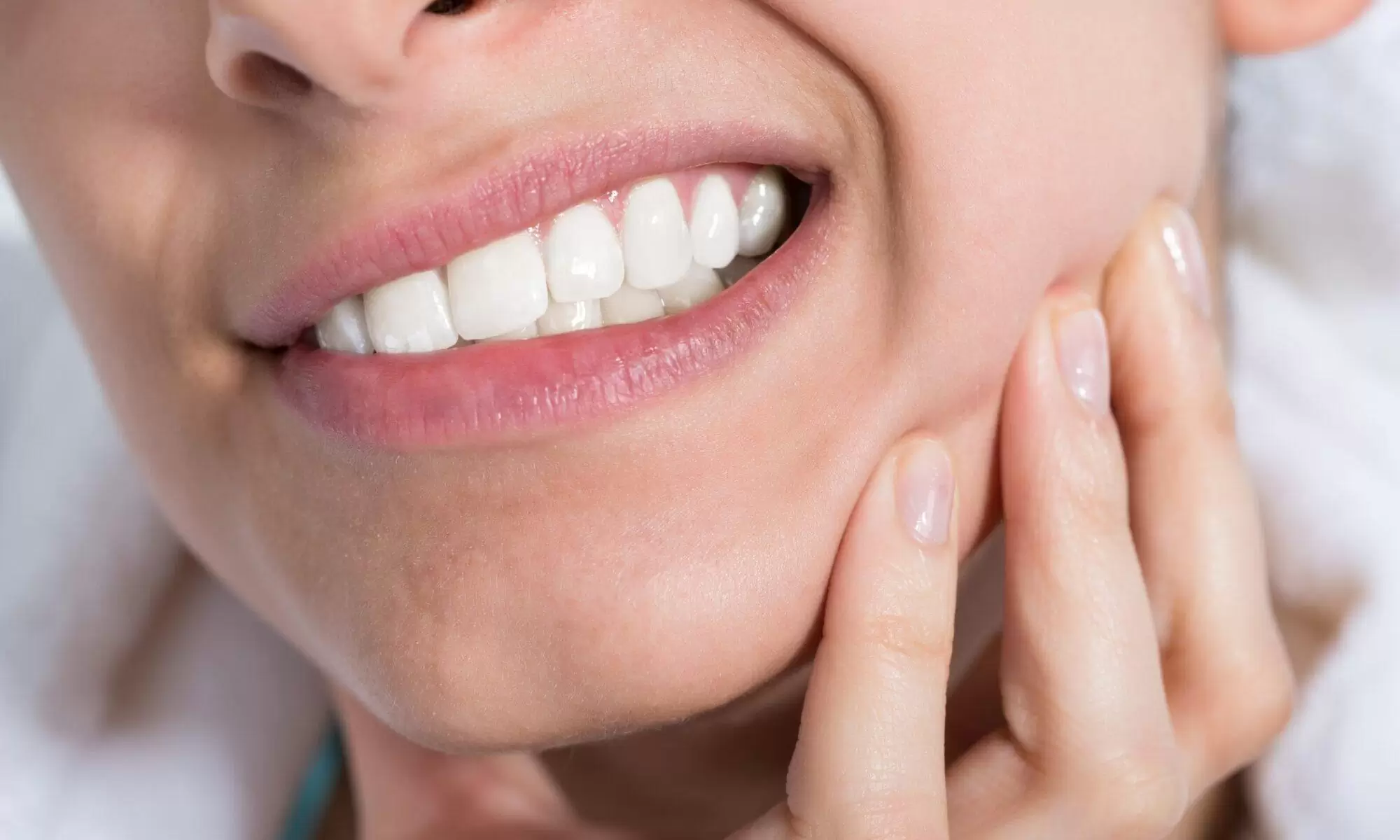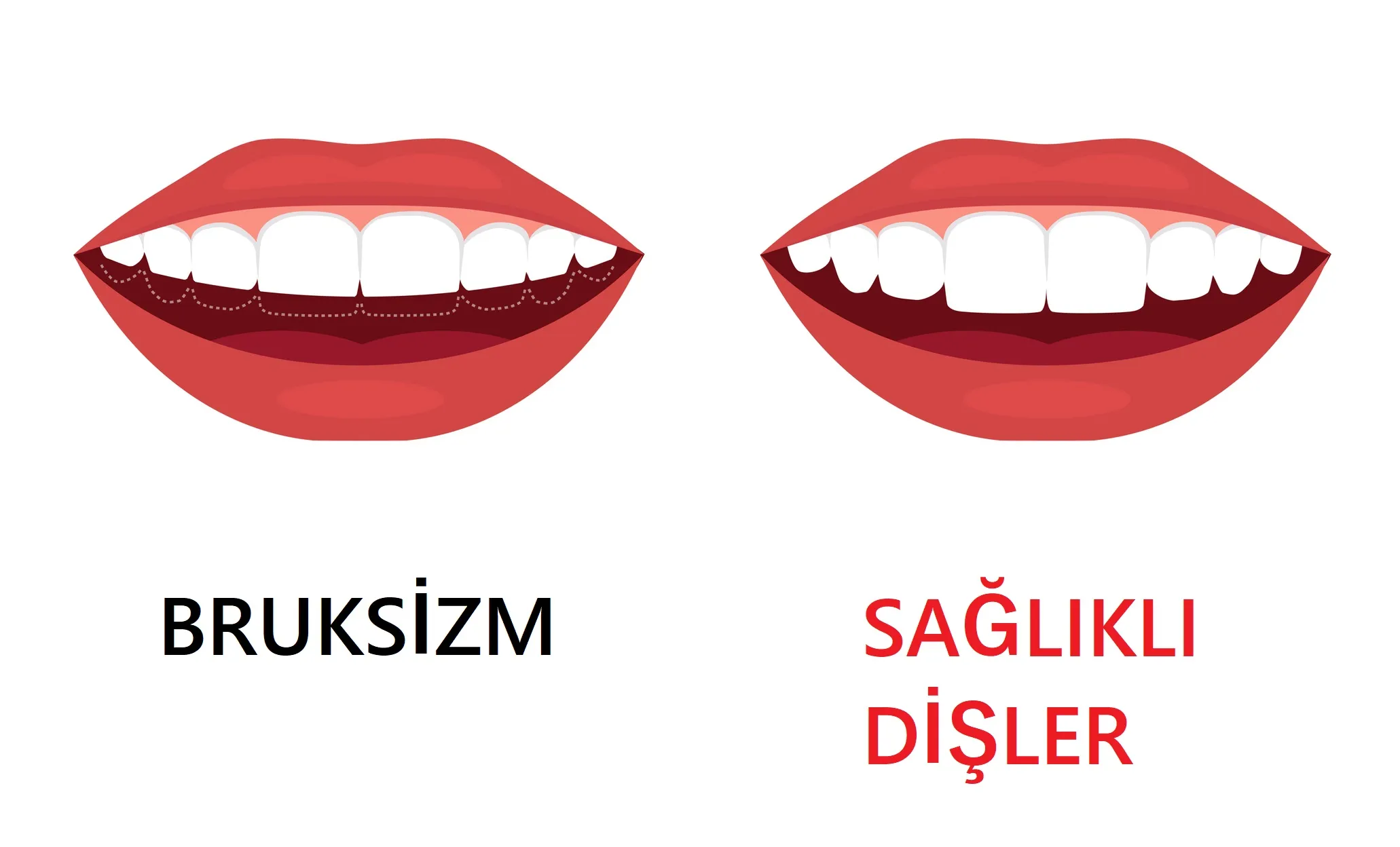Stress is a common cause of teeth clenching
Teeth clenching can occur not only during sleep but also when the person is awake. If there is no pain, patients may not be aware that they are clenching their teeth. They become aware of the situation with the realization and warning of this situation by their physician or with the information given by the person they share the same room with if they grind their teeth loudly while sleeping. Otherwise, bruxism is only recognized in advanced stages when tooth and bone loss occurs.
Causes of tooth clenching
In research, many factors are mentioned as possible causes of bruxism, but the most effective of these is stress. Studies have also determined that the stress sensitivity of cleners is higher than those who do not clench their teeth.
In the patient who clenches teeth, anatomical structures tolerate these excessive forces for a certain period. However, muscle force increases over time. The increased force exceeds the tolerance limit of the tissues and symptoms begin to appear in the patient.
Studies also mention that bruxism may be genetically related. When patients with bruxism are interviewed, they usually mention that someone in their family also clenches their teeth.
Other causes of teeth clenching (bruxism)
In addition to these; fillings/restorations that have poor harmony in the mouth and prevent the jaw from closing in a balanced way may also have effects. Likewise, bruxism can also be observed in patients with malocclusion and crowding. Not all people with crooked teeth clench their teeth, but the effects of clenching are more destructive in individuals with such a tooth structure. For this reason, after the complaints caused by clenching are resolved, patients are referred to an orthodontist and their bite is balanced by the orthodontist.
Another reason for the imbalance in the bite is tooth deficiencies. Especially if there are missing molars, which play an active role in chewing, it is recommended that these teeth be completed immediately because these deficiencies cause the forces in the jaw to be unbalanced while eating and clenching teeth.
There are studies showing that the use of certain antidepressant medications, alcohol and smoking can also cause bruxism.




